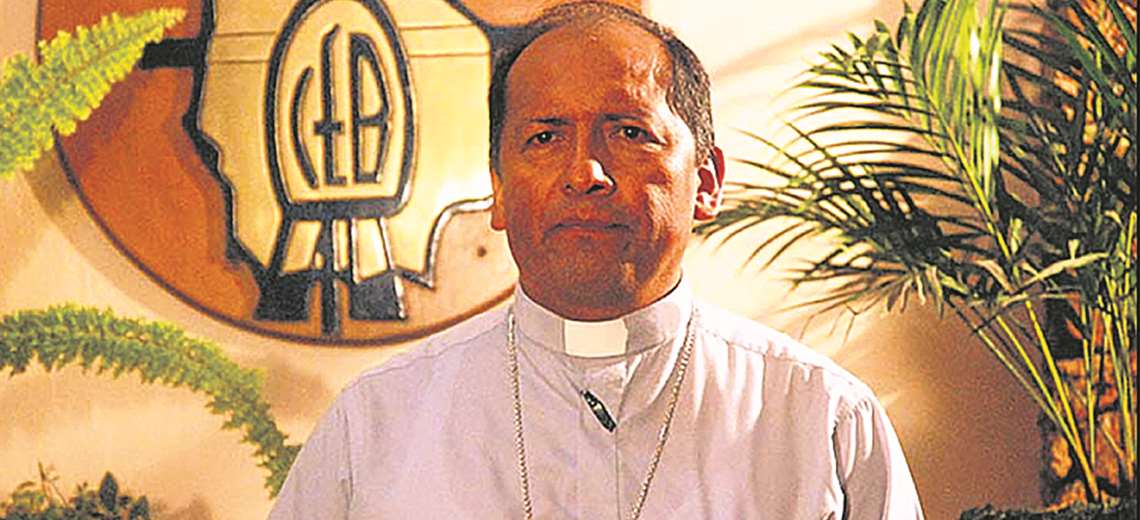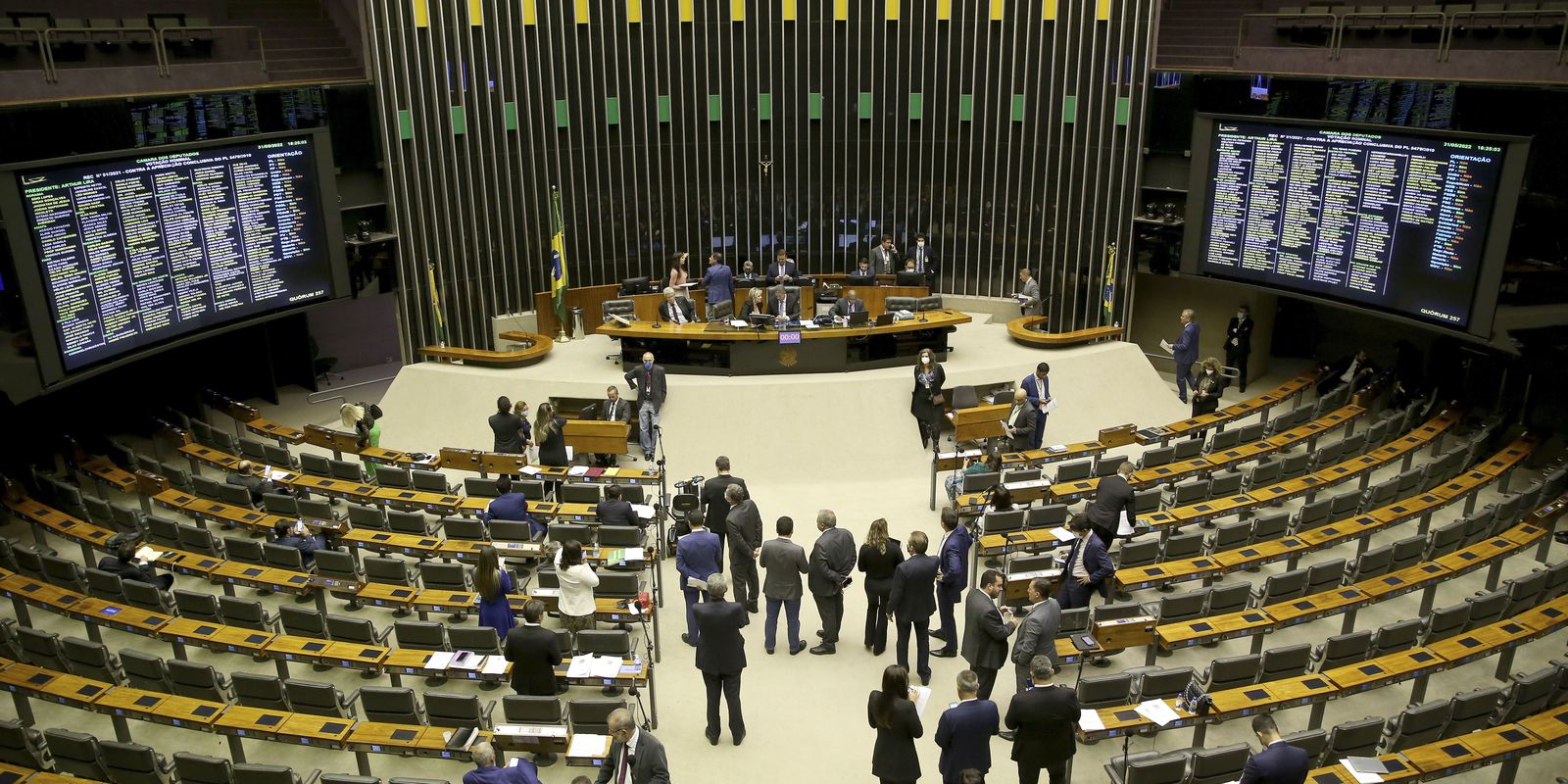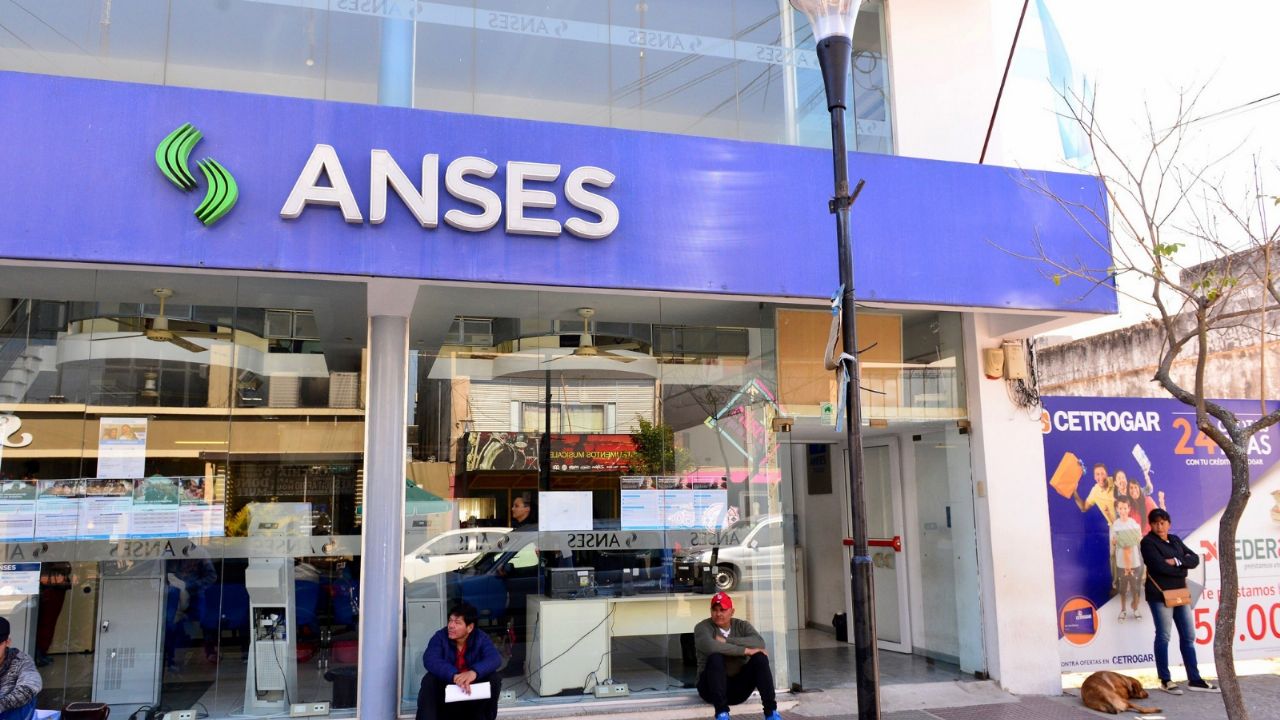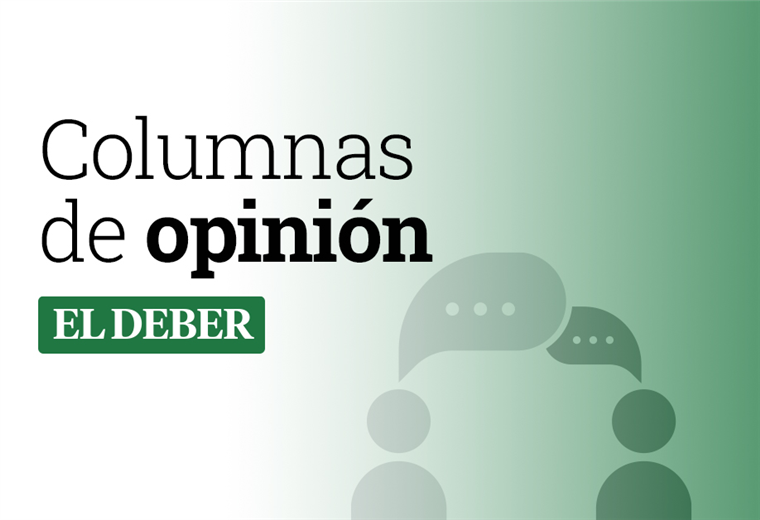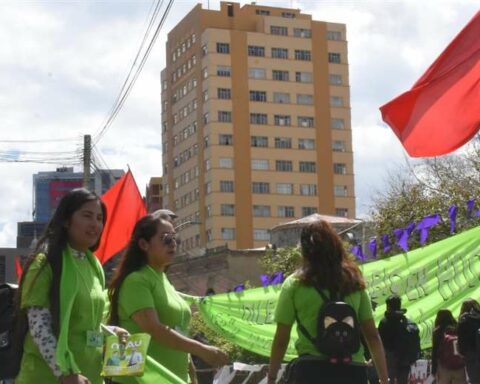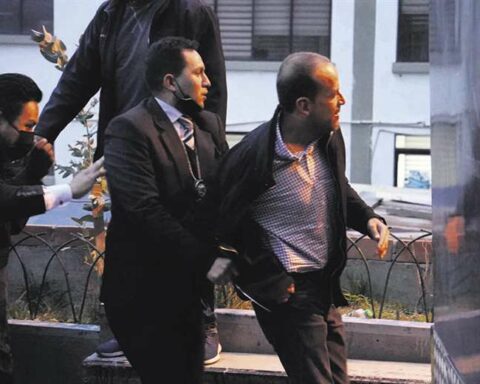The Catholic Church ratified yesterday that in 2019 there was no coup, but there was a fraud promoted by the ruler MAS. The position set by the clergy, through the vice president of the Bolivian Episcopal Conference, Ricardo Centellas, is contrary to what was stated by the former president of the State and leader of masismo, Evo Morales, who yesterday accused the rapporteur for the Independence of Judges and Lawyers of the United Nations, Diego García-Sayán, of incurring in interference and of supporting the ‘coup plotters’ because he stated that the former president should undergo a trial of responsibilityyes
“I think (the 10-year sentence for Áñez) is a sign that heThe administration of justice can always be manipulated, but history is not changed. The facts have been given and I think everyone knows. In 2019 there was no coup, there was fraud,” said Centellas.
The Church was one of the mediators in the conflicts of November and December 2019 after the resignation of then President Evo Morales, who fled to Mexico after being accused by the OAS of committing electoral fraud.
Añez assumed the Presidency of the State two days after the resignation of Morales, the vice president and the presidents and vice presidents of the chambers of senators and deputies. Nevertheless, She was subjected to an ordinary trial, promoted by the leadership of the Government and the MAS, according to Morales, who assures that she incurred in resolutions contrary to the Constitution and laws by assuming command of the country without following legislative procedures.
On Friday of last week she was sentenced to 10 years in prison. Añez’s defense argues that she took office on November 12, 2019, due to the power vacuum.
The UN rapporteur expressed his concern about the political meeting of the MAS and the Government, in which an ordinary trial against Áñez would have been agreed upon.argued that those who exercised the presidency “regardless of how their mandate arose” deserve a judgment of responsibilities.
García-Sayán also observed the failure of justice to analyze and rule on serious events such as those of Sacaba and Senkata that occurred after Áñez assumed the presidency in November 2019.
“(The narrator) erases with his elbow what he signed with his hand. In his report to the UN, I deeply regret that more than two years have passed without the victims of the massacres verified by the GIEI obtaining justice. Now observe a sentence against the coup that caused these deaths”, Morales claimed.
Likewise, he said that the jurist repeated the “misrepresentation” that the media would have incurred on the political meeting that defined a future trial against Añez.
Annul trial is unfeasible
Despite the fact that the leader of the Citizen Community, Carlos Mesa, called for the trial to be annulled and for the judges whom he described as “servile” to be prosecuted. The deputy and career diplomat, Gustavo Aliaga, emphasized that the rapporteur’s statement, being non-binding, is unlikely to change the 10-year sentence against the former president.
The former ambassador of Bolivia to the Organization of States
Americans (OEA) Jaime Aparicio maintained that in Latin America justice is controlled to turn it into an instrument of intimidation and imprisonment of his political opponents as in the case of Añez.
He stated that with the 10-year sentence, Evo Morales seeks
rewrite history to justify his resignation and “cover up” the alleged electoral fraud in the 2019 presidential elections.

